Six Summary Statements
Here are six summary statements—or, we might say, six lessons—we can learn from this seventeen-hundred year-old confession of faith, the Nicene Creed.
1. The Nicene Creed stresses the importance of believing the right thing.
Sadly, we often hear Christian leaders and churches today downplay the importance of doctrinal fidelity. They may not deny essential articles of the faith, but they can talk about doctrinal precision as if it were alien to the Christian faith or something that gets in the way of authentic discipleship. Such a spirit of doctrinal latitudinarianism is antithetical to the spirit of Nicaea. To be a part of the historic, orthodox Christian church, however, we must believe at least as much as is affirmed in the Nicene Creed. This means that Mormons (who do not accept Nicene orthodoxy), Unitarians (who deny the Trinity), and liberals (if they deny the deity of Christ, the virgin birth, and the resurrection) cannot be considered a part of the church catholic.
2. The history of the Nicene Creed teaches us that new statements (and modified statements) are often necessary to combat new errors.
The Nicene Creed doesn’t tell us everything we need to know and believe. If the 318 bishops from the Council of Nicaea were alive today, undoubtedly they would see the Christian faith threatened in new and different ways. The Nicene Creed is a creedal floor, not a creedal ceiling. The Creed of Nicaea itself was significantly changed from Nicaea (325) to Constantinople (381). The church considered it the same creed because it was doctrinally the same, but it represented a significant augmentation and probably started from a separate formula altogether. The church in the fourth century understood that new threats to the faith merit new efforts to delineate truth from error.
The Nicene Creed
Kevin DeYoung
The Nicene Creed is a key Christian text essential for all believers. With each chapter focusing on a specific phrase from the creed, this book explores its historical background, theological meaning, and ongoing relevance to the Christian faith.
3. The Nicene Creed models for us the central importance of the Trinity.
Too many Christians give too little thought to the Trinity, and too few churches teach their people about the Trinity or make sure that their worship is thoroughly Trinitarian. By structuring its “rule of faith” around the Trinity, and by spending so much time trying to carefully explain and vigorously protect truths about the Trinity, the Nicene Creed shows us a better way. The doctrine of the Trinity is not a math problem to avoid or a largely irrelevant doctrine that we can tuck away in the attic of our minds. To be a Christian is to be baptized in the triune name and to worship the God who subsists as three persons sharing one undivided essence. If we want to know God as he is, what could be more important than knowing, studying, and loving the doctrine of the Trinity?
4. The Nicene Creed underscores the importance of “religion” for Christian life and worship.
We often hear that so-and-so is “spiritual but not religious.” Even Christians have gotten into a bad habit of making “religion” the bad guy opposite the good guy of the gospel. If religion means man-made worship or man’s attempt to earn God’s favor on his own, then Christianity has no place for religion. But usually when people talk about being “spiritual but not religious,” they mean that they want a faith that is unencumbered by doctrinal boundaries, sacred rites, and the institution of the church with its authority structure and obligations. The Nicene Creed emphasizes the importance of each of these “religious” elements. The faith of Nicaea assumes that the Christian is part of a church and understands the importance of the sacraments.
The history of the Nicene Creed teaches us that new statements (and modified statements) are often necessary to combat new errors.
5. The Nicene Creed is not embarrassed to view Christianity with a soteriological focus.
At the heart of the creed’s confession is the good news that the Lord Jesus Christ came down from heaven “for us and for our salvation.” Sometimes you hear people say that modern evangelicals invented this salvation-focused gospel, or that Westerners corrupted the gospel by making it so individualistic, or that medieval people were scared into believing in a God of judgment because the church wanted to control them. But we see right here in the fourth century that the church conceived of the Christian faith as irreducibly about sin and salvation, about judgment and forgiveness, about how we can be saved from the human problem that is sin and death.
6. The Nicene Creed points us to the future.
Part of what we respect and honor in the Nicene Creed is its age. It is ancient. It was the first official, ecumenical church creed. And Christians all around the world still use it seventeen hundred years later. But we would miss the point of the creed if we just admired it as a relic of history or as a connection with the past. The Nicene Creed itself ends by sending us into the future. The last line begins with the verb “we look” (prosdokumen in Greek). We look forward to, we desire, we anticipate, we hope for the resurrection of our bodies and eternal life in the world to come. In Latin, that final verb is expectamus. The Nicene Creed deliberately ends on a note of expectation and hope.
And remember, it is not just life that we are longing for—life without pain, life without sin, life with fellow Christians and with fellow family members who died in Christ. We look forward to all that, as well we should. But more importantly, the life we look forward to is life with the triune God—the God that the Nicene Creed does so much to explain and honor. For ages upon ages we will thrill to know and to worship God the Father Almighty, to bow before his only begotten Son, the Lord Jesus Christ, and to sing praise to the Holy Spirit, the Lord and giver of life.
This article is adapted from The Nicene Creed: What You Need to Know about the Most Important Creed Ever Written by Kevin DeYoung.

Kevin DeYoung (PhD, University of Leicester) is the senior pastor at Christ Covenant Church in Matthews, North Carolina, and associate professor of systematic theology at Reformed Theological Seminary, Charlotte. He has written books for children, adults, and academics, including Just Do Something; Impossible Christianity; Daily Doctrine; and The Biggest Story Bible Storybook. Kevin’s work can be found on clearlyreformed.org. Kevin and his wife, Trisha, have nine children.
Related Articles
Unpacking “No Creed but the Bible”
March 02, 2024Many Christians may well have heard the phrase ”no creed but the Bible“ at some point. Is it a faithful and useful principle for guiding how we think about Christian truth and authority?
The Nicene Creed and the Importance of a Single Letter
May 20, 2016The church could not be as grateful to anyone as they can and should be to Athanasius.
4 Assumptions Made by Anyone Reciting a Creed
February 15, 2024My conviction that creeds and confessions are a good and necessary part of healthy, biblical church life rests on a host of different arguments and convictions; but, at root, there are four basic presuppositions.
October 21, 2024Kevin DeYoung talks on the importance of theology for all Christians, why it matters for our everyday lives, and why it's worth the effort to dig in, even if it sometimes feels a bit unfamiliar.
Crossway is a not-for-profit Christian ministry that exists solely for the purpose of proclaiming the gospel through publishing gospel-centered, Bible-centered content. Learn more or donate today at crossway.org/about.


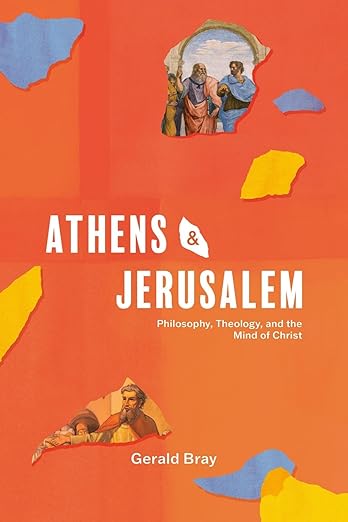


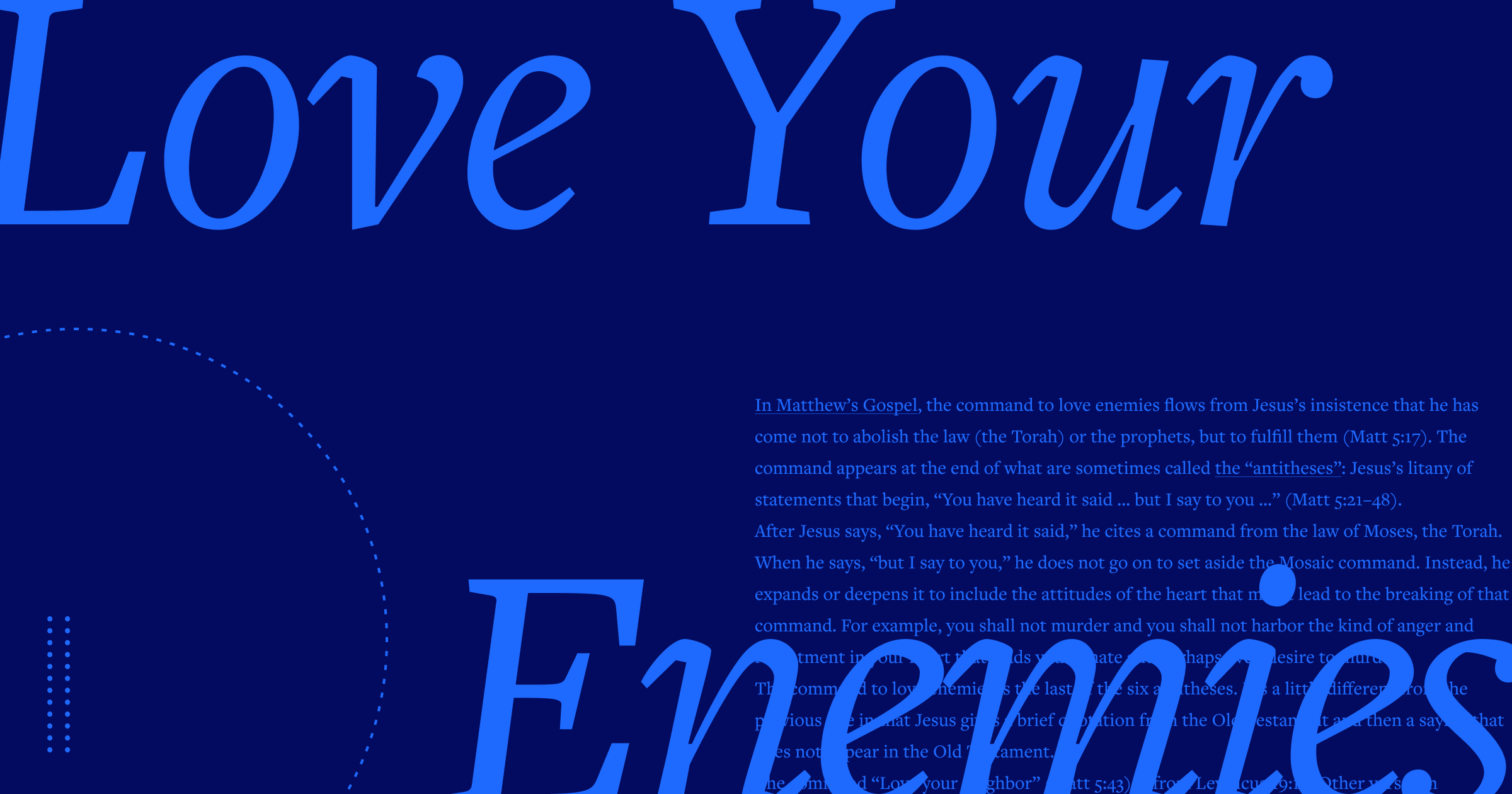
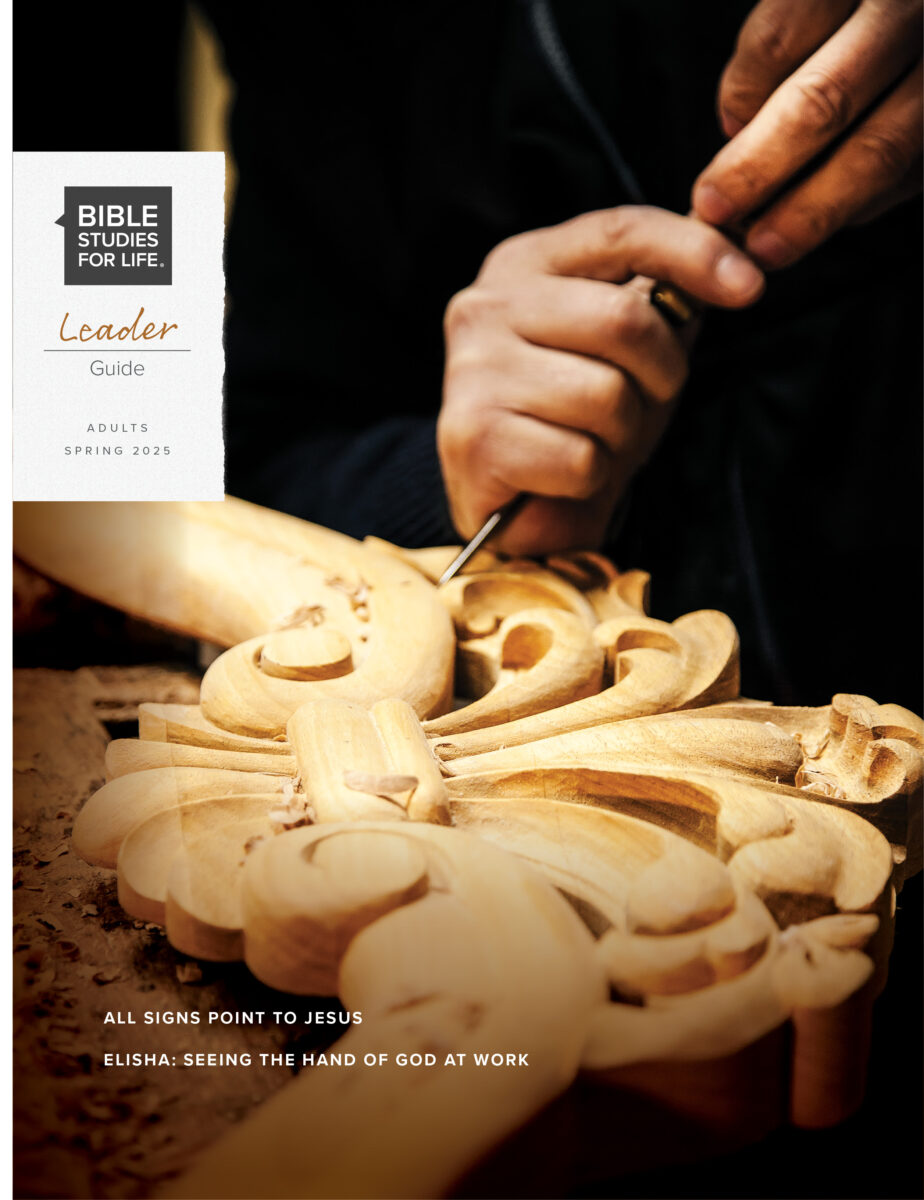

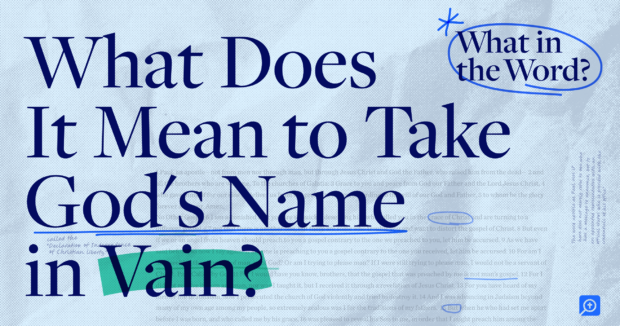
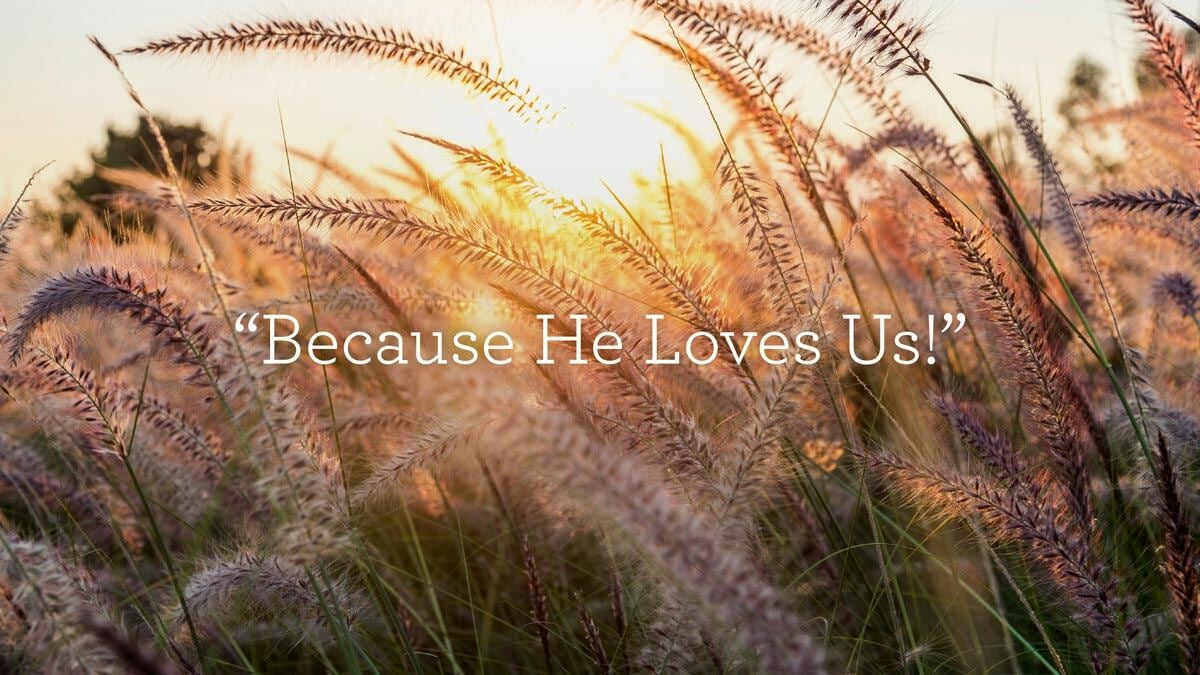


 English (US) ·
English (US) ·